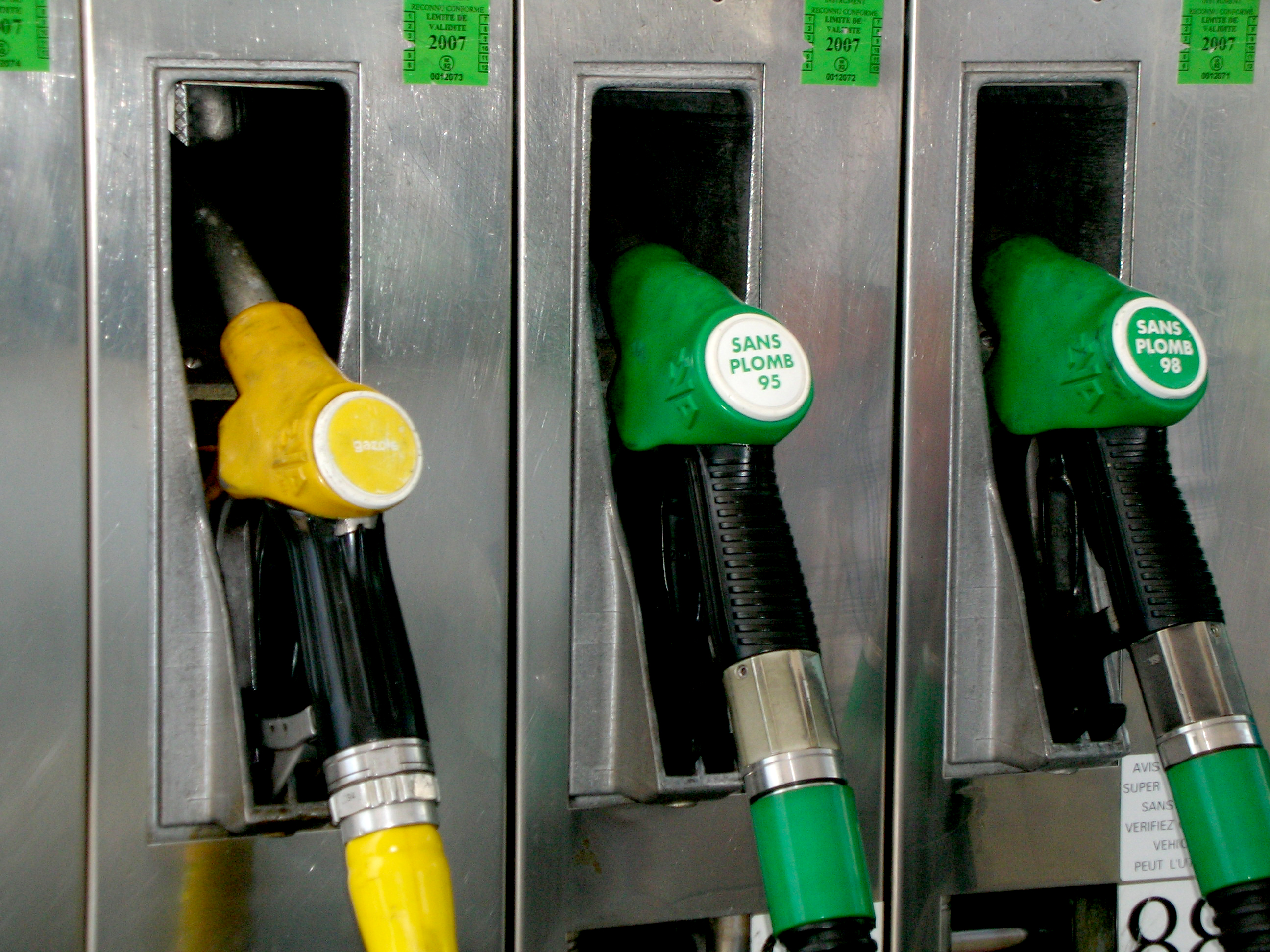Insurance
Half of motorists cut driving time to cope with fuel costs

Almost half of UK motorists have cut back on driving or stopped altogether as high fuel costs hit household finances, according to research by MoneySupermarket.com.
When asked if another increase in petrol prices would change the way they drive, two fifths (43%) said they have already taken action and reduced the amount they drive, while six per cent said they had stopped driving completely.
Meanwhile, almost a fifth (18%) said they drive more fuel efficiently, and six per cent have switched cars to a cost effective eco model.
Fourteen per cent have taken no action and not changed their driving habits at all.
Clare Francis, consumer finance expert at MoneySupermarket.com, commented: “Keeping a car on the road is an absolute necessity for millions of families across the country – sadly it’s also a wallet-busting drain on household finances. But people can fight back against sky-high fuel prices as there are ways to save money, helping ease the pressure on their finances.
“Shop around for the best deal on the forecourt to make sure you aren’t paying over the odds for your fuel; type your postcode into PetrolPrices.com to find the cheapest options in your area. Supermarkets tend to have competitively priced fuel, so it could be well worth driving a few extra miles to get the best price particularly if it’s Tesco or Sainsbury’s as you can then earn Clubcard or Nectar points too. And look out for the cut-price fuel offers that pop up regularly if you spend above a certain amount on at the supermarket.”
Reduce the cost of running a car
Motorists can also cut back on the overall cost of driving by shopping around when purchasing or renewing their car insurance.
Analysis from MoneySupermarket found average premiums are around 8% cheaper than this time last year which means there are savings to be found. Drivers should also think about how they want to pay for their premium; most insurers charge more if customers choose to pay monthly rather than one lump sum. Opting for monthly repayments means drivers can expect to pay on average an additional 10.75% to the cost of the original premium.
Clare Francis continued: “It’s always worth shopping around when your car insurance is up for renewal but is more important than ever now given the financial strain many households are paying. With average savings of £300 a year to be had, why pay more than you need for cover? While it is usually cheaper to pay for your car insurance in one go, many people simply can’t afford to do this at the moment. If this is the case, they should compare the monthly prices because the amount of interest charged varies between insurers. Therefore, the provider with the cheapest annual price, may be the best value if you need to pay monthly.”
Top tips to beat high fuel costs
• Convert to LPG – converting your car to LPG will slash what you spend on fuel. Not only is it cheaper, but it’s a cleaner-burning fuel that is better for your engine and the environment. Fitting a secondary fuel tank will cost around £1,500 but you could earn back the cost of the modification in about 14 months.
• Shed the extra weight – the heavier the car, the more fuel it consumers so offload any unnecessary items kept in the boot to cut costs.
• Regular service – getting your car regularly serviced will mean it will not only last longer but be more fuel efficient.
• Plan ahead – carefully planning your route means you can avoid busy roads and possibly lengthy spells sat in the traffic – idling equates to zero miles per gallon.
• Wrap up in winter – winter driving can increase engine workload by up to three per cent as ‘warm-up’ idling and increased use of heaters all put extra strain on the engine. Cut this down by covering windscreens on winter nights, and turn off unnecessary car electrics.
• Adapt your driving – save money by cutting back on engine revs and accelerate smoothly. Try to shift up to higher gears as soon as possible as lower gears usually mean higher fuel consumption. Keep gear changes as smooth as possible and avoid sharp acceleration and braking.
• Don’t drive as much – big savings can be made by cutting down the number of you miles you drive. Try car-sharing, and combining several errands in one trip to help cut down on fuel costs and reduce the wear and tear on your vehicle.